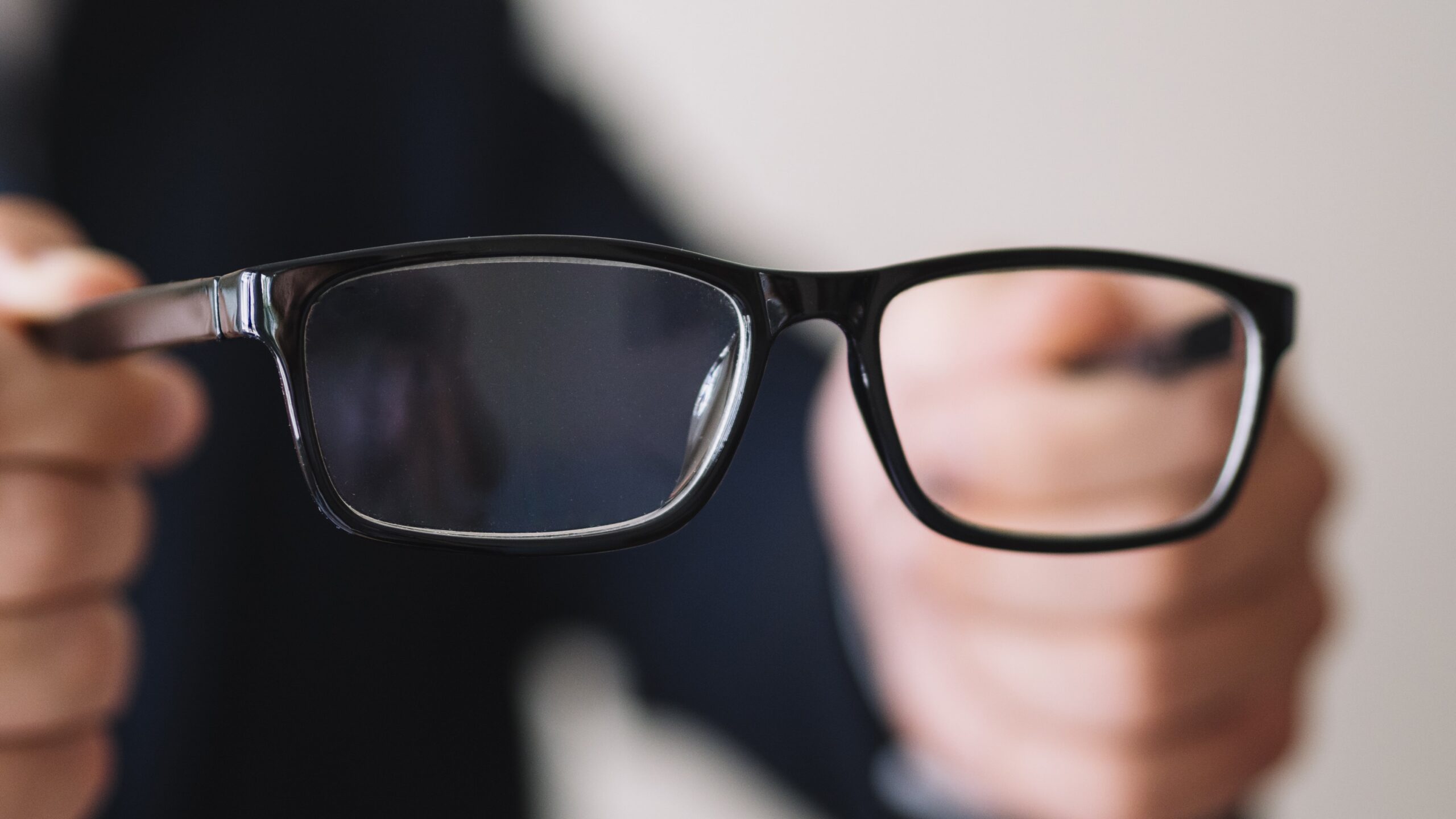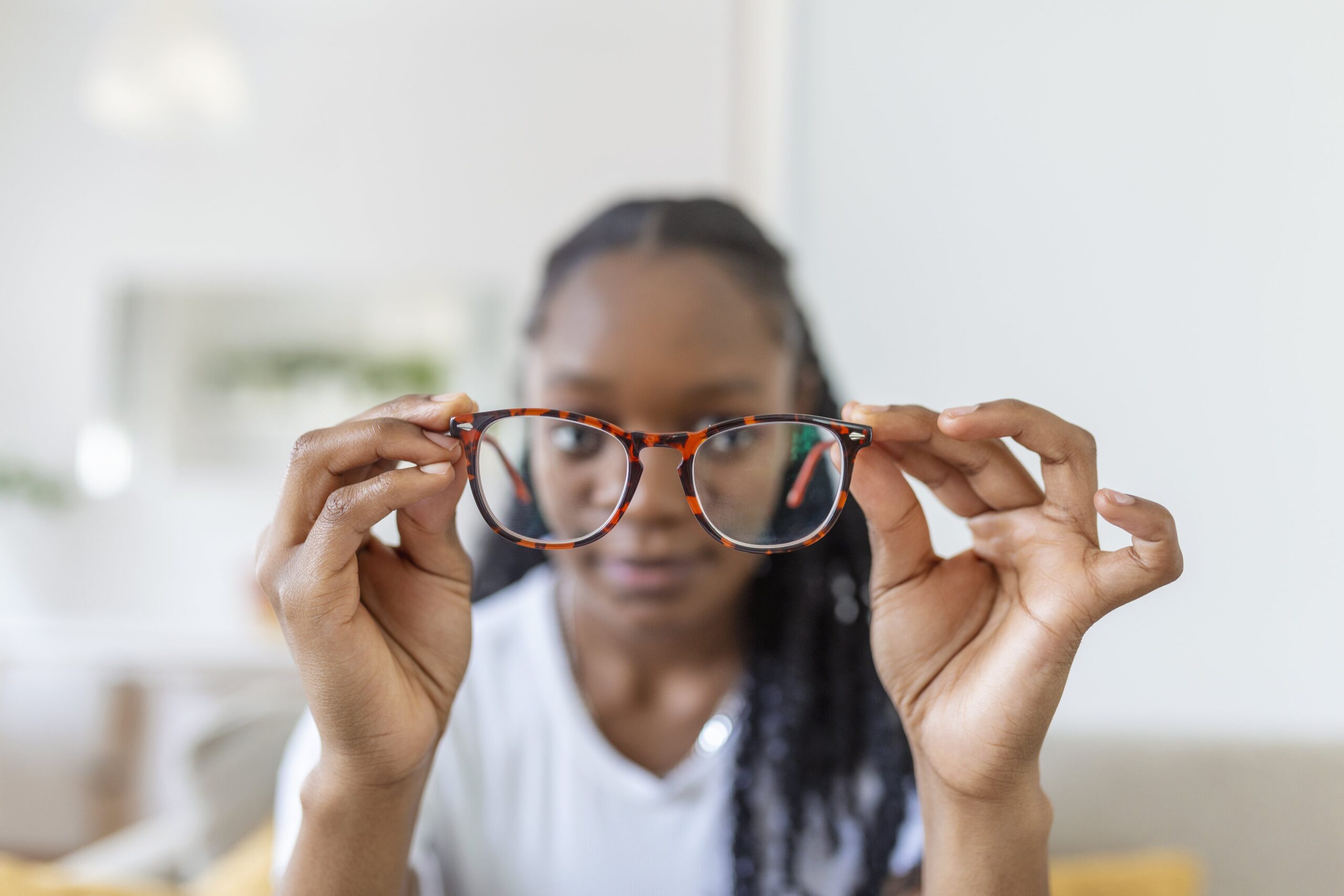The Role of Dopamine in Myopia Development: Unveiling the Connection
Myopia, or nearsightedness, is a common vision condition. People with myopia have difficulty seeing distant objects clearly. As its global prevalence rises, researchers are investigating its causes. One interesting area of study is dopamine, a neurotransmitter linked to the brain’s reward system. Recently, research has shown a connection between dopamine and myopia, which could have significant implications for visual health.
Dopamine’s Role in Vision Regulation
Dopamine plays a crucial role in regulating many processes across the body, including in the visual system.
Beyond its effects on pleasure pathways, dopamine helps control retinal function, pupil constriction, and the coordination of eye movements. Furthermore, it is especially important for the retina’s function, the light-sensitive tissue at the back of the eye.
 Dopamine and the Onset of Myopia
Dopamine and the Onset of Myopia
Studies suggest that dopamine also influences myopia development. Specifically, dopamine likely affects myopia by interacting with certain receptors in the retina. This interaction may contribute to eye elongation, which is a key factor in myopia.
The “Dopamine Deficiency” Hypothesis
The “dopamine deficiency” hypothesis suggests that low dopamine signaling could cause myopia. In particular, when dopamine activity is reduced—such as with prolonged near work (reading, screen time, etc.)—the balance between the eye’s focusing and growth regulation may be disrupted. As a result, this imbalance could lead to excessive eye elongation and myopia.
Outdoor Time and Myopia Prevention
Recent studies indicate that outdoor activities may help prevent myopia. In particular, exposure to natural light during outdoor activities increases dopamine release in the retina. This surge in dopamine activity may help regulate eye growth and counteract the effects of near work, ultimately reducing the risk of myopia. While more research is still needed to fully understand this mechanism, these findings suggest that spending more time outdoors could protect against myopia.
Conclusion
The connection between dopamine and myopia development highlights the complexity of vision regulation. Although more research is necessary to fully understand how dopamine affects myopia, current evidence points to a strong connection. Therefore, understanding dopamine’s role in regulating eye growth could lead to new interventions and preventive strategies. As research continues to evolve, we will gain even more valuable insights into visual health and myopia management.






 Dopamine and the Onset of Myopia
Dopamine and the Onset of Myopia
